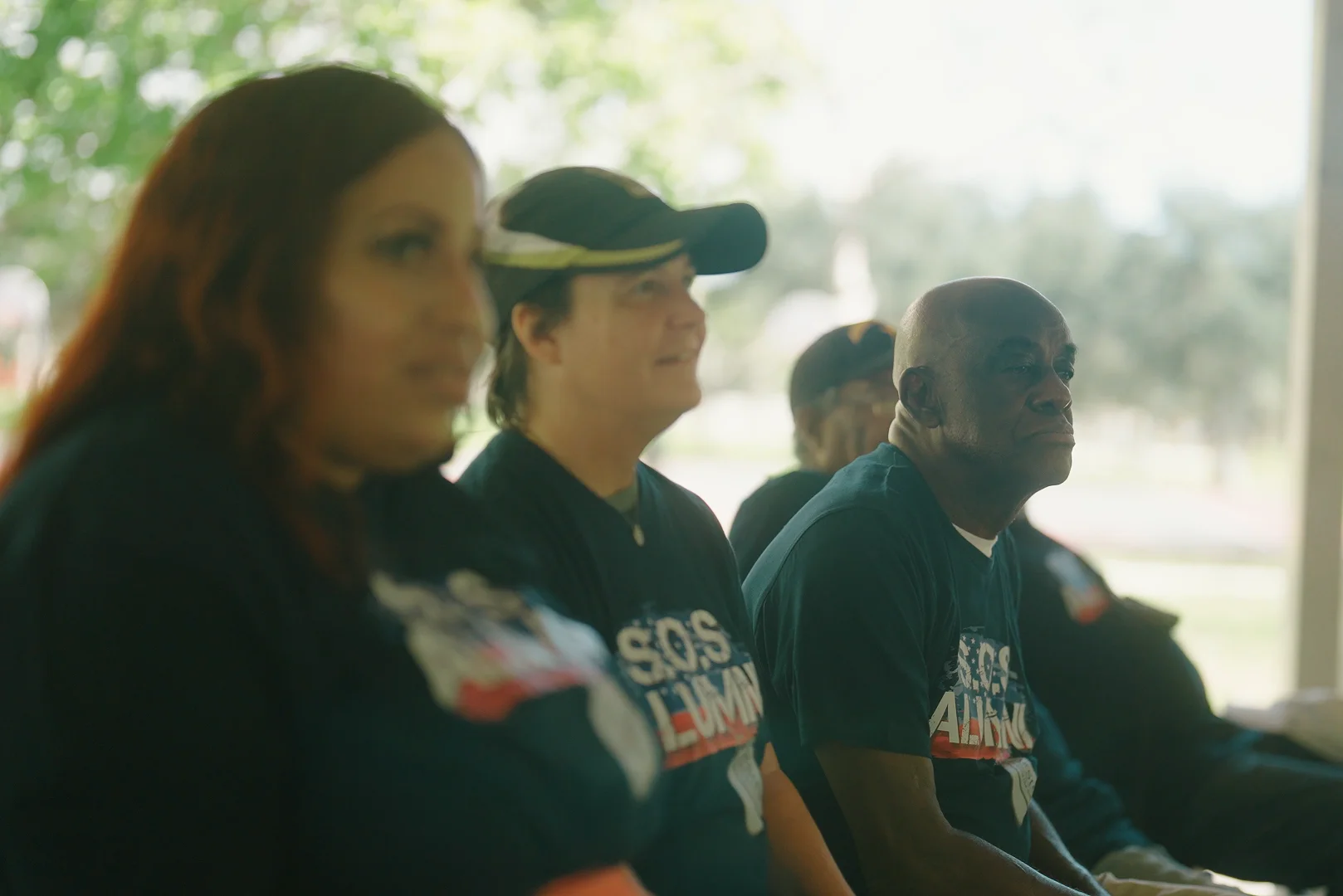Cocaine Addiction Treatment

Understanding Cocaine Addiction
Cocaine is a powerful stimulant drug that comes in the form of a fine white powder. It is highly addictive and gains its appeal from the sense of euphoria and energy that it creates. Cocaine is commonly either snorted or injected, though it can also be smoked.
People who are under the influence of cocaine may seem more excitable, happy, and energetic than usual. However, when the effects wear off, people crash and begin feeling anxious, agitated, or paranoid. Some may continue using cocaine to avoid this crash, leading to the development of tolerance and physical dependence.
With continued cocaine use, a tolerance can develop requiring higher doses to feel the same effect. Additionally, with physical dependence, withdrawal symptoms appear when someone tries to stop using the drug.
Long-term cocaine use takes a serious toll on the mind and body, damaging the brain, heart, and other vital organs. If you or someone you love are struggling with cocaine addiction, treatment at 1st Step Behavioral Health in Pompano Beach, Florida can help you get your life back on track.

How Addictive is Cocaine?
According to a recent study, cocaine is considered the third most addictive substance in the world, ranking just behind heroin and alcohol. It is estimated that around 21 percent of people who try cocaine will develop a cocaine addiction. In 2021, the National Institute on Drug Abuse (NIDA) found that 4.8 million people tried cocaine that year and about 1.4 million people were addicted to it.
Causes and Risk Factors of Cocaine Addiction
The causes of cocaine addiction vary from person to person, but it involves a combination of genetics, environmental factors, and social factors. For example, some people’s genetic makeup puts them at increased risk for addiction and they should be aware of the presence of addiction in their family history.
Common causes and risk factors of cocaine addiction include:
- Genetic predisposition – A family history of addiction increases the risk of substance abuse and addiction.
- Environmental factors – High-stress environments and drug-prone communities heighten the risk of cocaine abuse and addiction.
- Social influences – Peer pressure and the desire to fit in drive experimentation with drugs and alcohol.
- Mental health conditions – Underlying conditions like depression or anxiety may lead to self-medication with cocaine.
- Early exposure – Normalization of cocaine use through family or peers influences experimentation with drugs and alcohol.
- Childhood trauma – The inability to cope with trauma may lead to cocaine use as an escape.
- Lack of support and resources – Limited help for substance abuse or underlying mental health issues increases the risk of continued cocaine use and addiction.
- Socioeconomic status – Poverty and limited opportunities in life have been shown to increase addiction risk.
Signs and Symptoms of Cocaine Addiction
Some people can become very skilled at masking their cocaine addiction and downplaying its severity. They may attribute their symptoms to other things happening in their life to reduce cause for concern from others. However, recognizing the signs and symptoms of cocaine addiction is an essential part of helping someone get the treatment that they need.
When someone is high on cocaine, they may exhibit the following:
- Extreme euphoria
- Increased alertness and energy
- Positive mood
- Dilated pupils
- Quickened speech
- Excitability
After the effects wear off, a crash may follow, characterized by:
- Extreme euphoria
- Increased alertness and energy
- Positive mood
- Dilated pupils
- Quickened speech
- Excitability
In addition to physical side effects, people who are addicted to cocaine may exhibit behavioral symptoms of addiction, such as:
- Cravings for cocaine
- Loss of control over cocaine use
- Withdrawal
- Tolerance
- Neglecting responsibilities
- Failed attempts to quit
- Risky behaviors
- Prioritizing drug use over other interests
- Social withdrawal
- Dishonesty with loved ones
- Continuing to use cocaine despite consequences

When Cocaine Addiction and Mental Illness Co-exist
It is common for cocaine addiction to exist alongside a mental health condition. Some people may use cocaine as a way of trying to cope with symptoms from a mental illness such as depression, anxiety, or bipolar disorder. Others may exhibit more symptoms of mental illness following the use of cocaine. When someone is dealing with both cocaine addiction and a mental health problem, they get a special diagnosis called a co-occurring disorder.
Luckily, there’s treatment available for people dealing with both cocaine addiction and mental health problems. After a dual diagnosis, our team of clinicians develops a special plan for rehab that deals with both the addiction and the mental health issues at the same time. This helps the person understand how their cocaine addiction and mental health are connected, thereby preventing a return to old habits and getting even better. Because these two things are linked, it’s essential to treat them both at the same time. If one condition is left untreated, it can make recovery harder.
Cocaine Addiction Treatment in Pompano Beach, Florida
1st Step Behavioral Health’s cocaine rehab in Florida provides the drug addiction treatment and support that clients need to begin their journey to long-term recovery. Personalized cocaine addiction treatment plans allow clients to get the targeted help they need to create healthier routines, improve their mental health, and reduce the risk of relapse. To learn more about our treatment programs or to get started with a confidential assessment, please contact us today at (855) 425-4846.
